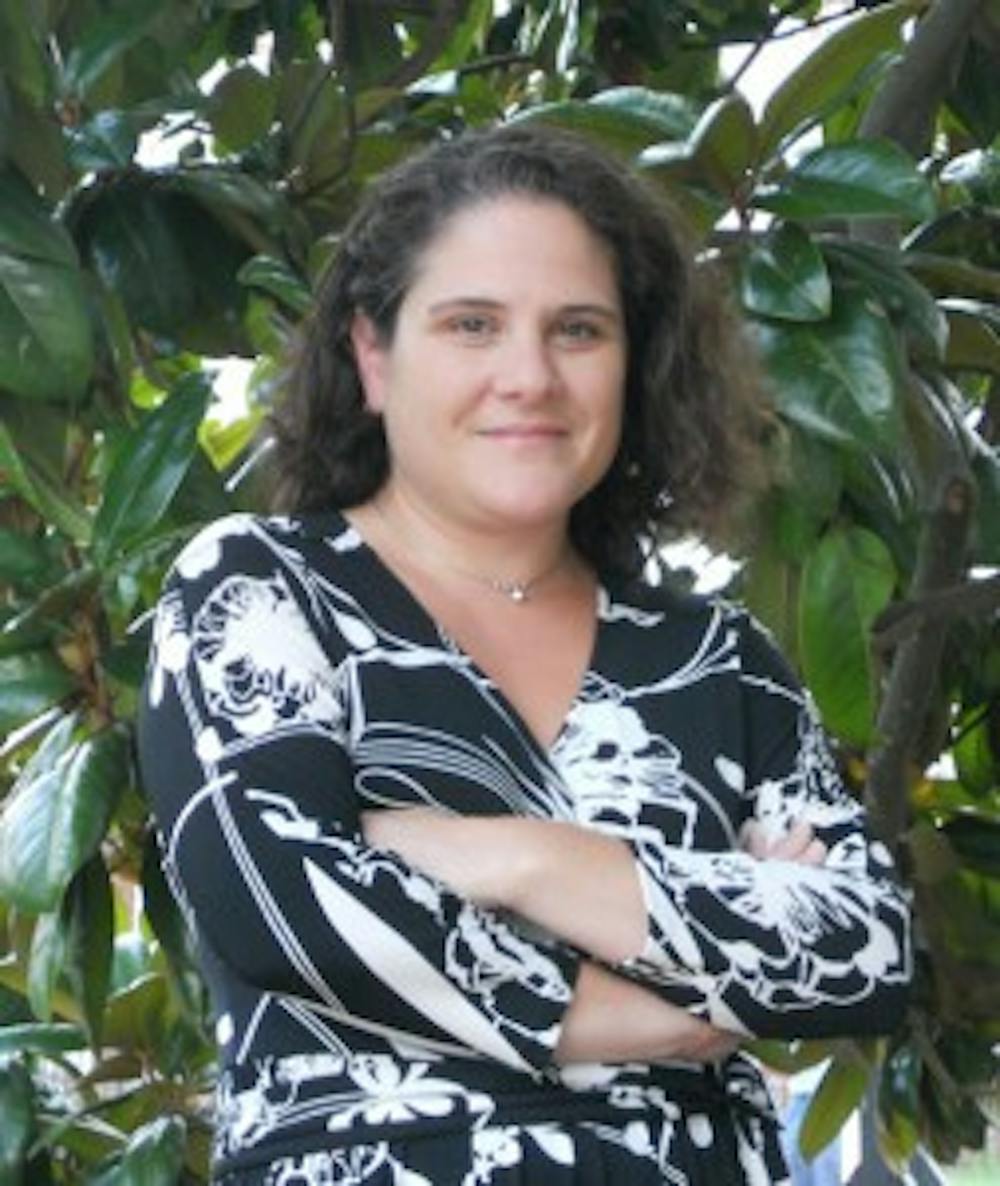The trial of Former Associate Dean of Students Nicole Eramo’s $7.5 million defamation lawsuit against Rolling Stone magazine, Sabrina Rubin Erdely and Wenner Media, Inc. began Monday with jury selection.
Eight women and two men were chosen from approximately 100 potential jurors, 40 of whom were excused following a midday recess. Three alternates were also chosen.
After expressing his appreciation for potential jurors coming to the courthouse, U.S. District Court Judge Glen Conrad said this massive dismissal of potential jurors deviated from his typical courtroom protocol.
“A number of you are not going to qualify for service in this case,” Conrad said. “The process is important, it is critical to select jurors for this very important case.”
Conrad asked potential jurors to tell him privately if they are survivors of sexual assault, are close with survivors of sexual assault or have been responsible for providing treatment for survivors.
Of the approximately 60 potential jurors in the room, the vast majority had heard of the “A Rape on Campus” article through different media. Four of the potential jurors said they felt their knowledge of the case was too extensive for them to be impartial in hearing the case, citing media coverage causing them to make prejudgments.
The attorneys for both Eramo and Rolling Stone took turns asking potential jurors questions. Tom Clare, Eramo’s attorney, asked attendees about their feelings on fraternities, professional codes of ethics and opinions on journalistic accuracy.
Scott Sexton, Rolling Stone and Erdely’s attorney, asked potential jurors about their backgrounds in Greek life, their preexisting impressions of Rolling Stone’s journalistic standards and their thoughts toward sexual assault coverage in journalism.
Sexton also asked if anyone thought society is too quick to accept a woman’s account of a rape case, to which none of the potential jurors responded. He was interrupted by Conrad six times during his series of questions for making claims and asking questions deemed too argumentative by the judge.
After the jury was selected, jurors were told they could not do any individual investigation about the case on the internet and cannot speak with anyone about the case. They were also told opening statements were not to be considered as evidence.
Jurors were given packets which included copies of the Rolling Stone article and other statements which were being presented as evidence. The entire Rolling Stone article written by Erdley was then read aloud.
Following the reading, a radio interview Erdley gave on the Brian Lehrer show during Thanksgiving of 2014 was presented by the prosecution.
In the radio interview, Erdely accused the University’s administration of having many problems including rarely punishing perpetrators of sexual assault, brushing off stories of sexual assault and allowing fraternities to “call the shots.”
“[The] level of indifference opened up a window into what was happening on campus with regard to rape,” Erdely said.
Eramo was present in court but did not speak.







